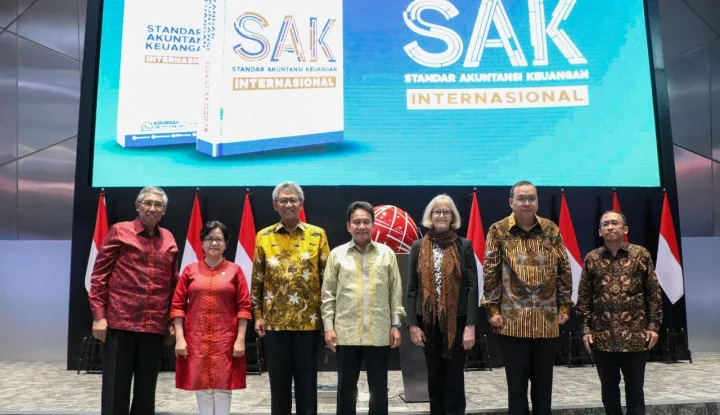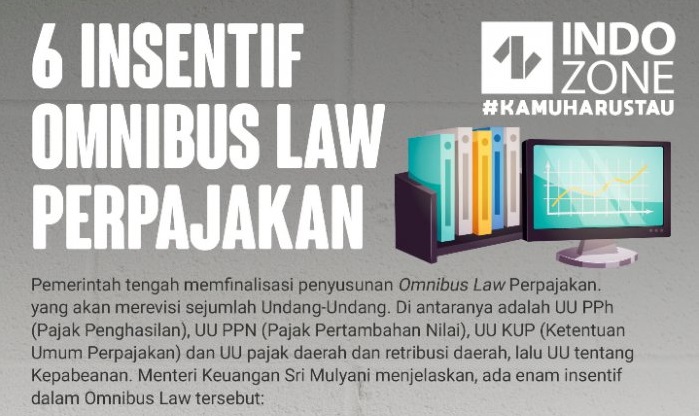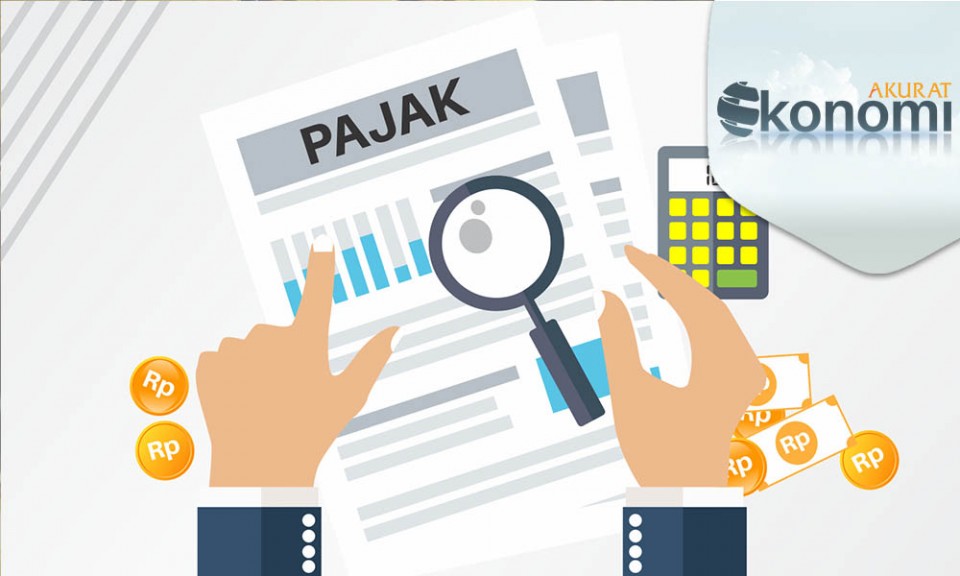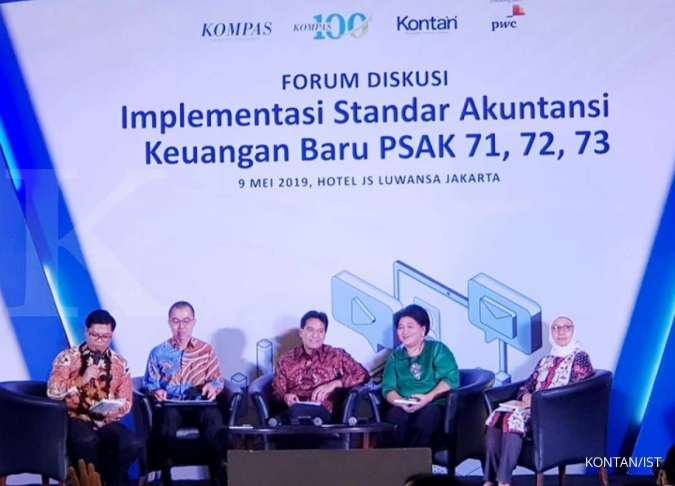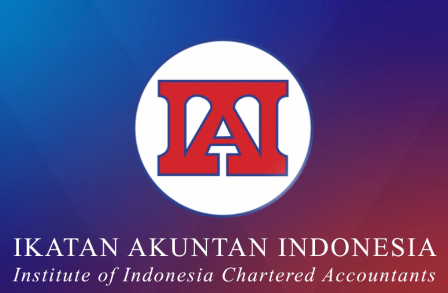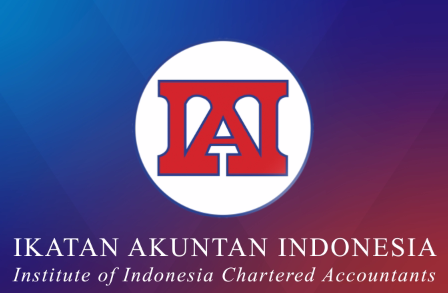.jpg)
by Brian Blood, Chief Executive, Confederation of Asian and Pacific Accountants and Jackie Poirier, President, Confederation of Asian and Pacific Accountants | September 2, 2016 | ![]()
When a new set of Sustainable Development Goals were released in 2015, it was encouraging to see stakeholders aligned to address the systemic and structural roots of global poverty—that is, the need to build effective, accountable, and transparent institutions. As a goal for government leaders of Asian nations to unite behind, the topic was addressed by the Confederation of Asian and Pacific Accountants (CAPA) at the second Financial Reform for Economic Development Forum (FRED II) in Asia, held in Kuala Lumpur, Malaysia, in May and co-hosted by the World Bank.
The World Bank’s twin goals are to reduce extreme poverty and promote shared prosperity and greater equity in the developing world. To meaningfully address both goals, strong financial management is crucial in paving the way for more accountable and transparent institutions. In addition, enhanced public financial management (PFM) is essential to delivering sustainable and high-quality public services, as well as minimize fraud and corruption. Improved public sector reporting equips citizens with more information and paints a clearer picture of a government’s ability to meet its obligations. Consequently CAPA, as an organization that represents the interests of the accountancy profession in the region, has taken a pivotal role.
At FRED II, stakeholders came together to share their experiences in PFM, addressing challenges and exploring opportunities. Forum participants shared experiences, built relationships, and developed insights on the scalability of reform efforts. Speakers and participants included representatives from IFAC, supreme audit institutions, the International Monetary Fund, the Asian Development Bank, regional governments, and, as an opening speaker, the Secretary General of the Treasury of the Malaysian Ministry of Finance.
When we held the floor, CAPA spoke to the need for strong PFM and the importance of professional accountancy organizations in engaging with the public sector to bring about change, noting that “good decision making is founded on good information.”
IFAC CEO Fayez Choudhury explained that the first step of getting the data right is a challenge in itself. Therefore, there is a need to examine current accounting practices and address any flaws through dialogue, which will hopefully result in better accountability and transparency. Importantly, these values should be reflected by every single person in the profession when carrying out their duties, and accountants must realize they have the responsibility for instigating change.
Managing Resources
In keeping with the forum’s theme, Driving Future Outcomes from Past Experience, experts looked at case studies from countries such as Greece, India, New Zealand, and the UK to draw lessons and insights on PFM systems. The case studies demonstrate that resource-rich countries need to better manage their resources and sovereign wealth funds in order to achieve fiscal stability. Forum participants agreed that good fiscal performance comes with a coherent PFM system as well as political commitment.
Transforming Data into Solutions
Ultimately, the key takeaways from the forum centered on what good PFM actually means at the end of the day. More than just robust technical skills, successful PFM is the ability to transform the data and knowledge gathered into sustainable, real-life solutions that influence the economies in which we live. Real value comes from using the numbers to support policy and decision making. These can be achieved through conducting trend analyses and detecting the cause and effect relationships between data. This is especially important in a time when the environment in which our society operates is constantly changing.
The future is uncertain and is being shaped by the sharing economy and digital age, influencing government revenue and affecting public debt. Citizens expect more from their governments as well, demanding transparency and better decisions regarding expenditure and taxation. The challenges we face are varied, ranging from a lack of political will to a lack of capacity and capability. The good news: every single person in the accountancy industry has the potential to create impactful change through their individual actions.
This article is extracted from “Summary of Forum Outcomes.” The full article refers to a publication launched by CAPA at the forum, Attracting and Retaining Finance Personnel in the Public Sector.
